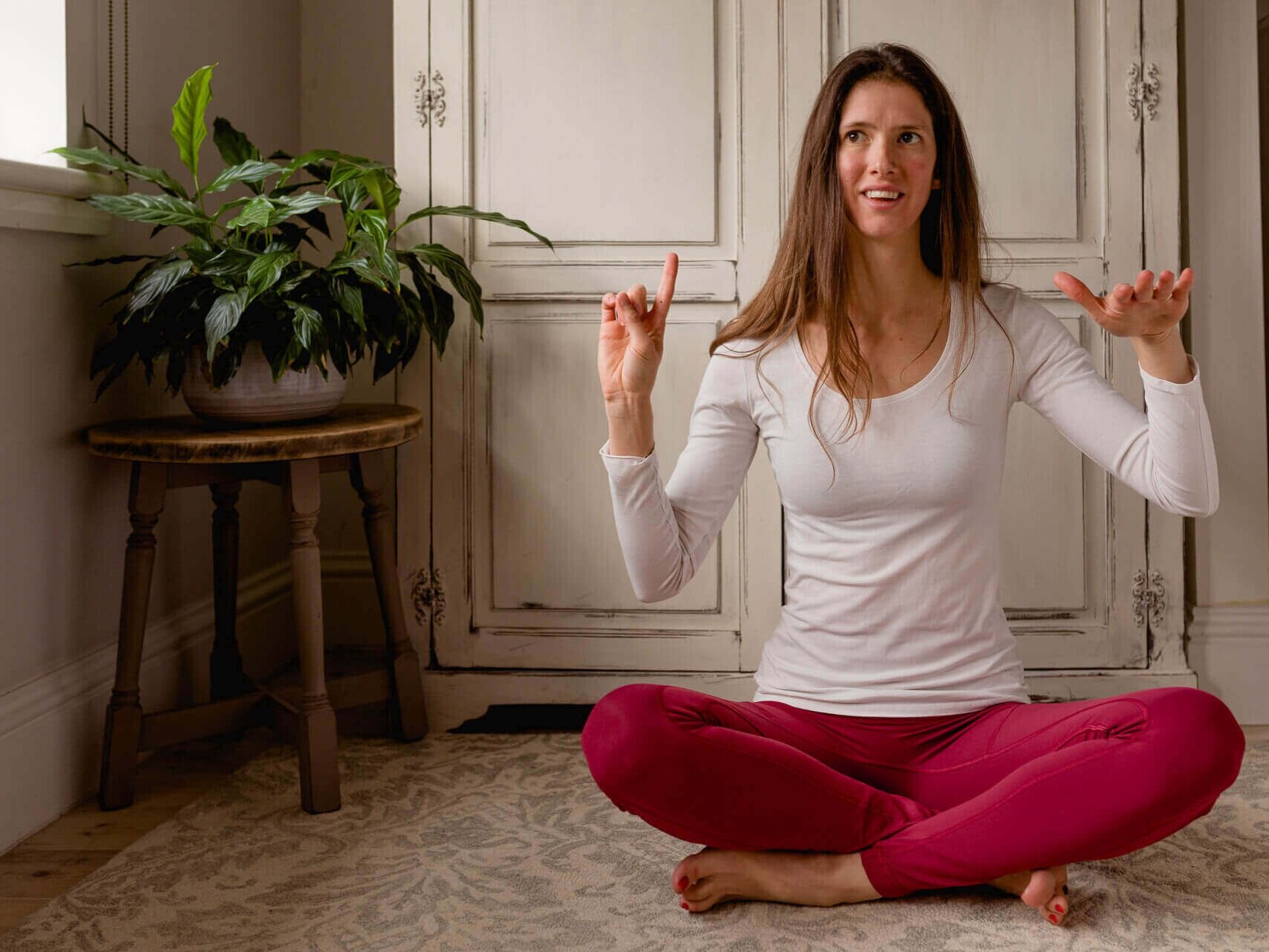Reduce Breathlessness in Perimenopause
An empowering natural approach to addressing unexplained breathlessness
Have you just found your missing puzzle piece?
Hi, I’m Jane Tarrant, Breathing Habit Retrainer, Educator, Author and TEDx Speaker
Why are women over 40 experiencing breathlessness?
It can be very scary when breathlessness suddenly strikes. Especially if this is combined with an increase in anxiety. You may have already read about a drop in oestrogen during perimenopause, as a contributing factor to breathlessness.
Whilst oestrogen levels can have an affect on breathlessness, there seems to be a lot of confusion over why this seems so drastic or why it can last into menopause.
Very few people seem to be asking questions around the lead up to this change.
The first thing I’d advise looking at is how you breathe all day and all night.
Yes, you read that right.
Let’s dive into your current breathing habits, which have likely been deteriorating for some time.
Why do breathing habits deteriorate for perimenopausal women?
There are a number of reasons for the deterioration of breathing habits. We can look at tongue position, airway development (impacted by how you breathed as a child), posture, movement, awareness, lifestyle habits, restriction, perception, anxiety, stress, congestion, allergens, and many more.
The reality is, your breathing habits have likely been deteriorating for decades.
It is just that now, they are causing you an issue you are unable to ignore.
How can I manage perimenopausal symptoms including breathlessness naturally?
Improving our breathing can have multiple benefits. Many people feel calmer, sleep better and are better prepared to stop a hot flush from escalating.
Are you ready to:
jointly assess your breathing habits
learn about healthy breathing habits
think about the next steps of tackling breathlessness through breathing retraining?
My mission is to lead global education on healthy breathing habits & breathing retraining, in a simple, accessible way.
What causes breathlessness during perimenopause and menopause?
It is advisable to visit your GP if you are concerned about any symptoms. Below are a list of common perceptions around why breathlessness occurs in perimenopause and menopause.
1. Hormonal Changes: Fluctuations in oestrogen levels during perimenopause can impact respiratory function and contribute to breathlessness. Oestrogen plays a role in maintaining lung elasticity and function, so its decline may affect how efficiently the lungs expand and contract. That being said, I am astounded by how much progress my clients make just because they now know what to aim for when achieving a deeper, more efficient breath.
2. Decreased Lung Function: Aging itself can lead to changes in lung function, such as reduced lung capacity and decreased elasticity of lung tissue. These age-related changes can exacerbate breathlessness during perimenopause, particularly in women who may already have underlying respiratory conditions. Again though, if you don’t know how to access your full lung capacity and your breathing habits are now restricting you, this is likely not the main reason for the breathlessness.
3. Anxiety and Stress: Perimenopause often brings about significant hormonal fluctuations, which can contribute to increased anxiety and stress levels. Heightened anxiety can lead to shallow breathing or hyperventilation, resulting in feelings of breathlessness. When working on breathing habits, you’ll start noticing early warning signals, allowing you to step in earlier, feeling calmer and more in control. You’ll also be taking breaths which are not anxiety inducing in the first place.
4. Physical Changes: Weight gain, changes in posture, and alterations in abdominal muscle tone commonly experienced during perimenopause can affect the mechanics of breathing. These physical changes may contribute to inefficient breathing patterns, further exacerbating breathlessness. The good news though, is that by learning how to breathe healthily, you can address posture,and even snoring can be improved, despite weight gain.
5. Other Health Conditions: Pre-existing medical conditions, such as asthma, chronic obstructive pulmonary disease (COPD), or cardiovascular issues, can contribute to breathlessness during perimenopause. Additionally, conditions like anaemia or thyroid disorders, which are more prevalent in perimenopausal women, may also play a role. This is an area where we can still see improvement, but we take a realistic approach to the restriction we are working with. Asthma can often be worsened by anxiety so this is often much improved. COPD and lung damage can make it more challenging to see transformative change. Breathwork, specifically slower conscious breathing is beneficial regardless of the medical condition.
6. Lifestyle Factors: Sedentary lifestyle, poor posture, smoking, and environmental factors such as exposure to pollutants can all impact respiratory health and contribute to breathlessness during perimenopause. Bringing awareness to changes we can make is important. Once we build healthier breathing habits, it is much easier to stack on other healthier habits and address environmental factors, due to awareness of how.
Key benefits of breathing retraining
Feel Healthier
Our breathing habits underpin everything that we do. Through our breath, we can positively impact our nervous system, recovery, sleep quality, digestion, performance, pain management and so much more.
Feel Empowered
We often don’t realise what tools are within our control. By understanding yourself and your breathing better, you can adapt how you perform, respond and feel. Wouldn’t you like to know how to utilise these tools?
Feel Safe
Our bodies react to stressors all day long. You can use breathing awareness to notice when your body does not feel safe and consciously control your breathing until you notice a positive calming change.
P.S. If you have got this far, but are still left with questions before booking a call, email me on jane@canidoitmyself.com (and don’t forget to tell me how you found me).







